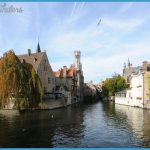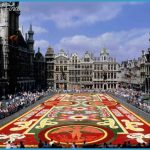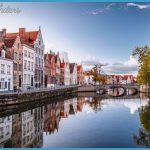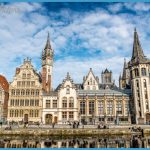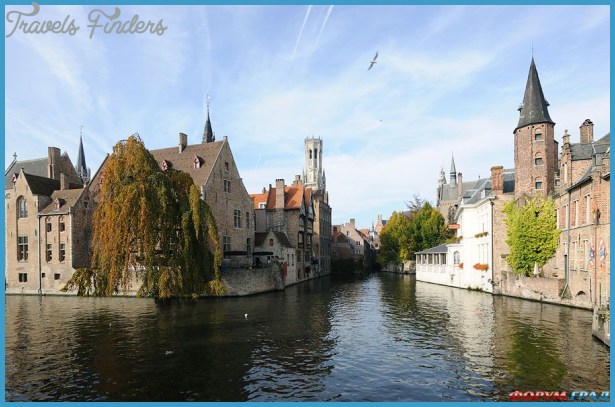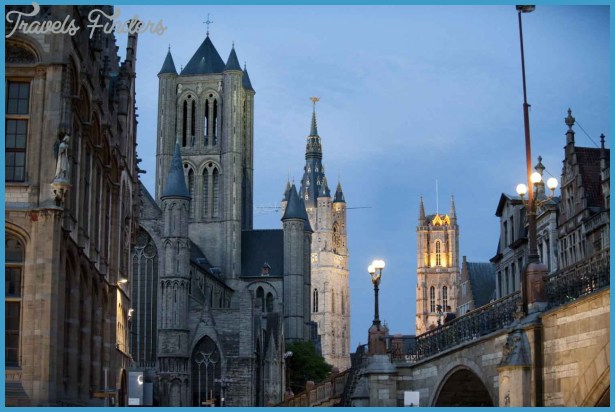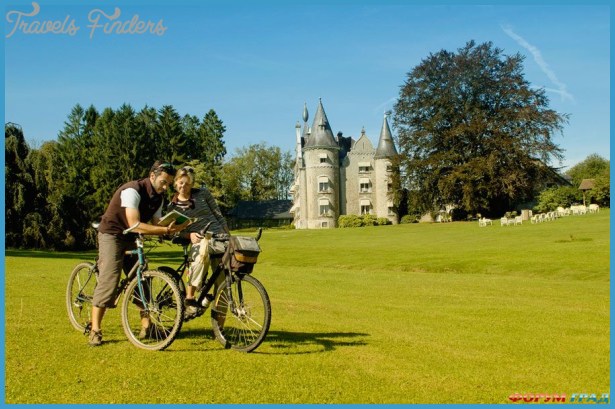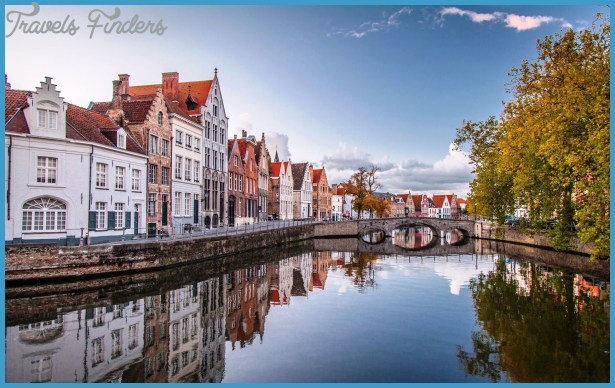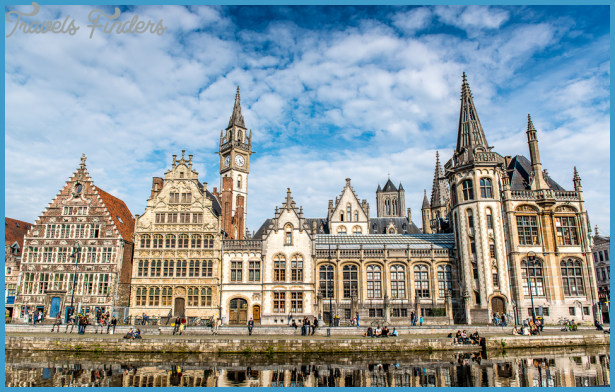Travel to Belgium
BEST OF BELGIUM
11 DAYS After your week in Brussels, Antwerp, Ghent, and Bruges, visit Ypres to remember victims of WWI (1 day; 137). Head south to explore the castle-dotted Wallonie region, where you can hike, bike, kayak, and spelunk among the citadels and grottoes of Namur and Dinant (1 day; 139). Don’t miss the glittering gold treasury in the cathedral of Tournai (1 day; 138).
Coburg as their first king. In 1839, the European powers declared Belgium a per petually neutral state. After gaining its independence, Belgium was a pioneer in European industrialization. Development of the coal and iron industries increased tension between the regions, as Wallonie had greater natural resources and pros perity. Other major projects in the 19th century included colonial expansion in Africa, most notably in the present-day Congo. Despite these international suc cesses, Belgium experienced internal discontent due to poor labor conditions, prompting major social reforms under King Leopold II.
German armies invaded during both World Wars, flagrantly violating Belgium’s neutral status. In WWI, under King Albert I, the outmatched Belgian army coura geously fought the German invaders from the trenches for the entire four years of the war. The Treaty of Versailles, the settlement of WWI, granted Belgium monetary and territorial reparations as compensation for the widespread devastation result ing from German occupation. In WWII, King Leopold Ill’s rapid surrender shocked not only the Belgians, but the British and the French as well, as they were sud denly faced with the advancing German army. Belgium’s post-war economic recovery was impressively swift, for its second wartime destruction was relatively limited. Of greater concern was the political disorganization upon the return of King Leopold III from Austria in 1950, where he had been sent during Nazi rule. Popular disapproval of his alleged defeatism led to his abdication in 1951.
TODAY
With the exception of the brief period after the Treaty of Versailles when Belgium was allied with France, the country has maintained a neutral political stance while remaining at the forefront of international affairs. Most significantly, Belgium is the seat of the European Union. Belgian government in the 19th and 20th centuries was largely dominated by the French-speaking minority, despite cries of ii\justice from the Flemish population. To ease tensions between these two groups, the con stitution has undergone several revisions granting more autonomy to each of the three distinctive linguistic and cultural communities: Flemish in the north, French in the south, and German in the east. The Belgian king, currently Albert II, is the offi cial head of state, but he is accountable to the democratically elected parliament. Day-to-day government is run by his appointed prime minister, Guy Verhofstadt.

